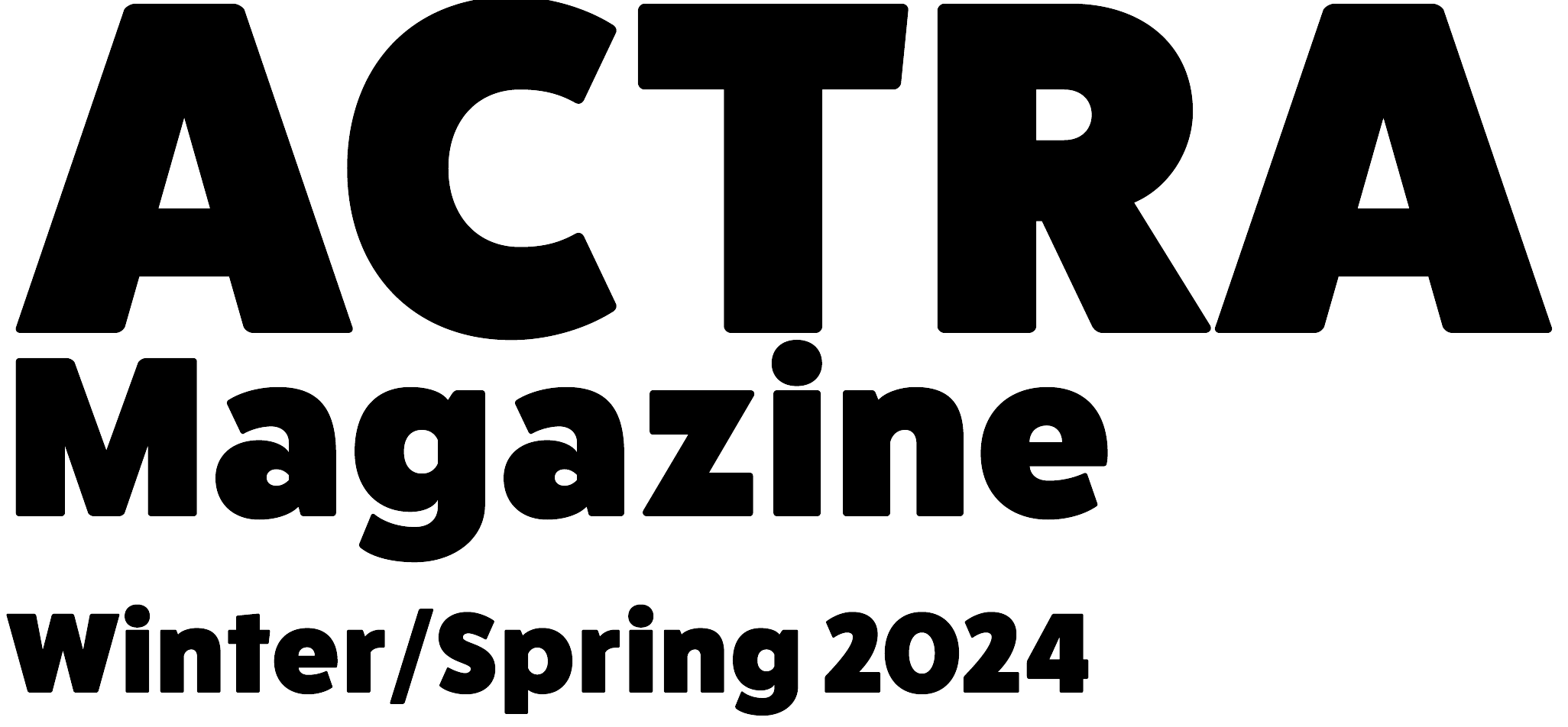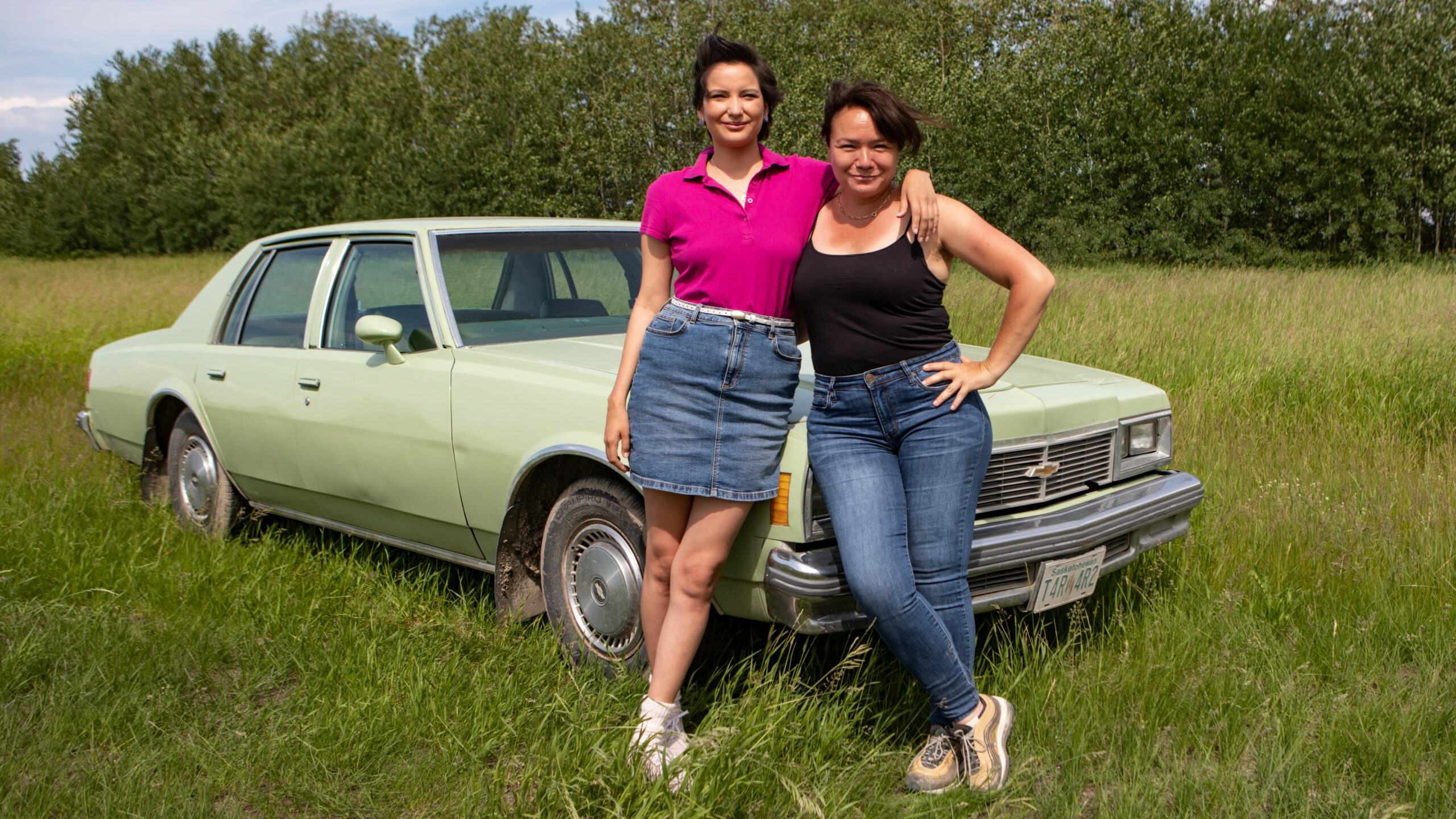
The Storytellers
Q & A with Jennifer Podemski
Darla Contois and Jennifer Podemski during filming of Little Bird. Photos by Steve Ackerman
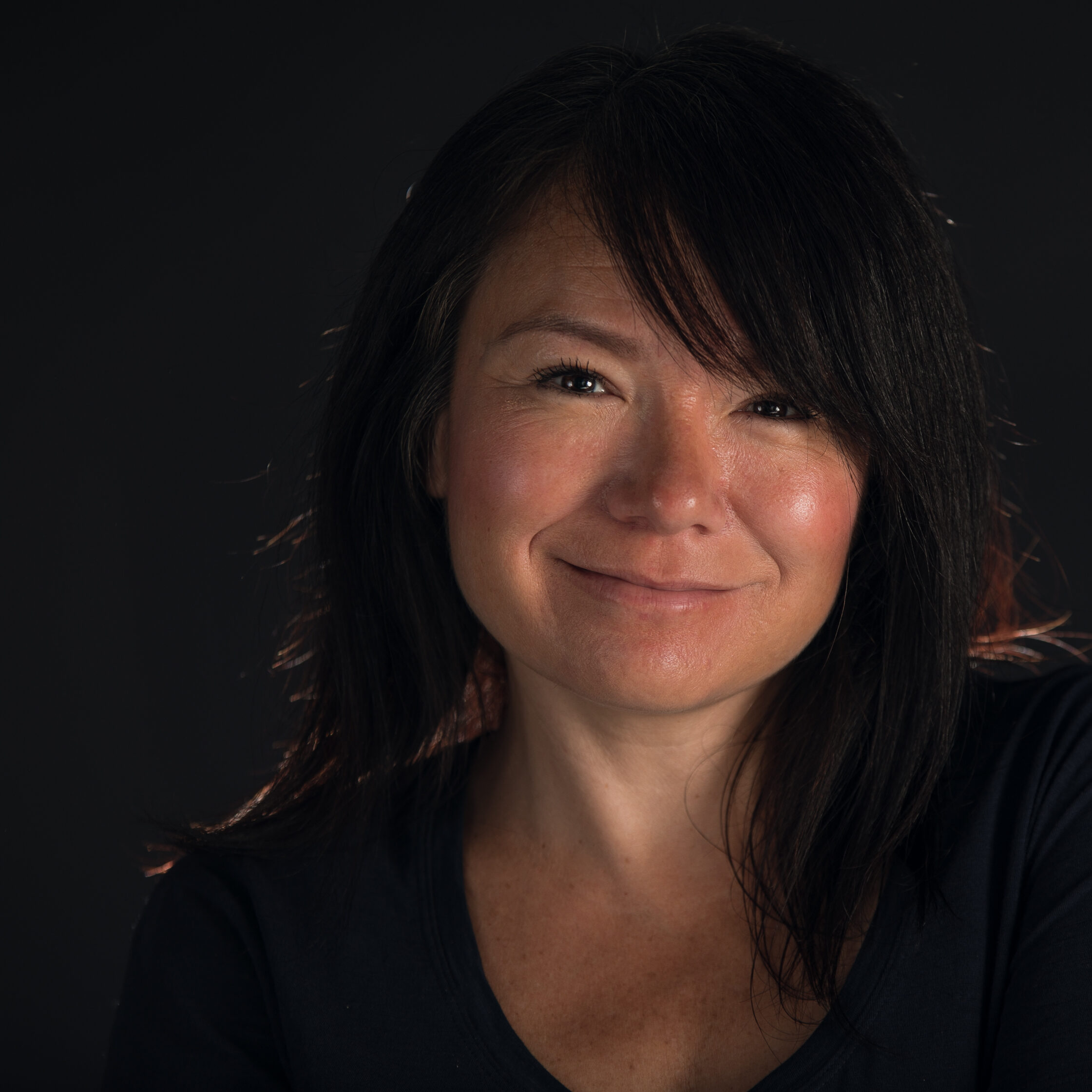
Jennifer Podemski
Stories with impact are told by creators closest to the subject matter. Greater representation of our stories includes creators from diverse and Indigenous communities across the country. As we look to the future, we need to ensure that the production of high-quality Canadian content which supports our screen industry will flourish.
In November 2023 the federal government unveiled new policy directives to the CRTC on how to best implement Bill C-11: The Online Streaming Act. How funds will be collected from streamers, distributed to funders, then allocated to equity deserving groups has yet to be determined. If applied and enforced properly, the CRTC could improve the working lives of ACTRA performers and strengthen the industry.
These changes, along with expected updates to the allocation of public media funds, are meant to usher in a future where stories close to home receive the attention they need and deserve.
Canada has been doing a good job at creating content that appeals to the global consciousness.
Someone who understands the power of storytelling is Jennifer Podemski. The award-winning writer, director and producer started out in front of the camera 30 years ago. While committed to the telling of Indigenous stories by Indigenous filmmakers, in this Q&A Jennifer shares why she supports all creators who should be telling the stories that need to be told.
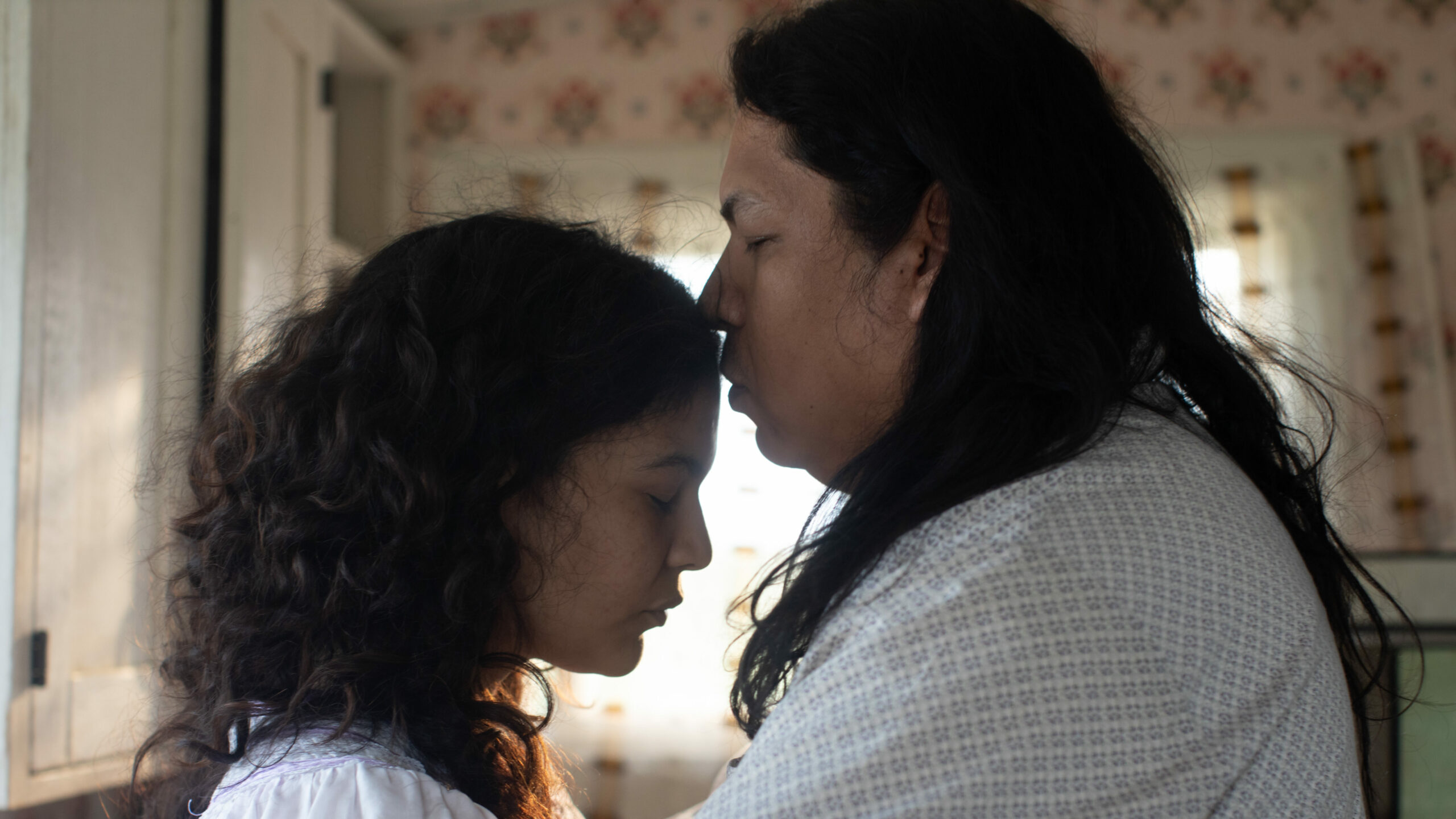
“Stories have always been a tool that can connect or divide people, they hold a lot of power.”
Question: Do you feel there have been recent turning points for producing good, raw, edgy drama in Canada?
Jennifer Podemski: I think Canada has been doing a good job at creating content that appeals to the global consciousness and the more recent appetite for premium, streamer style drama series. Examples of that would be Plan B, Alias Grace, Handmaids Tale and I think we achieved that with Little Bird.
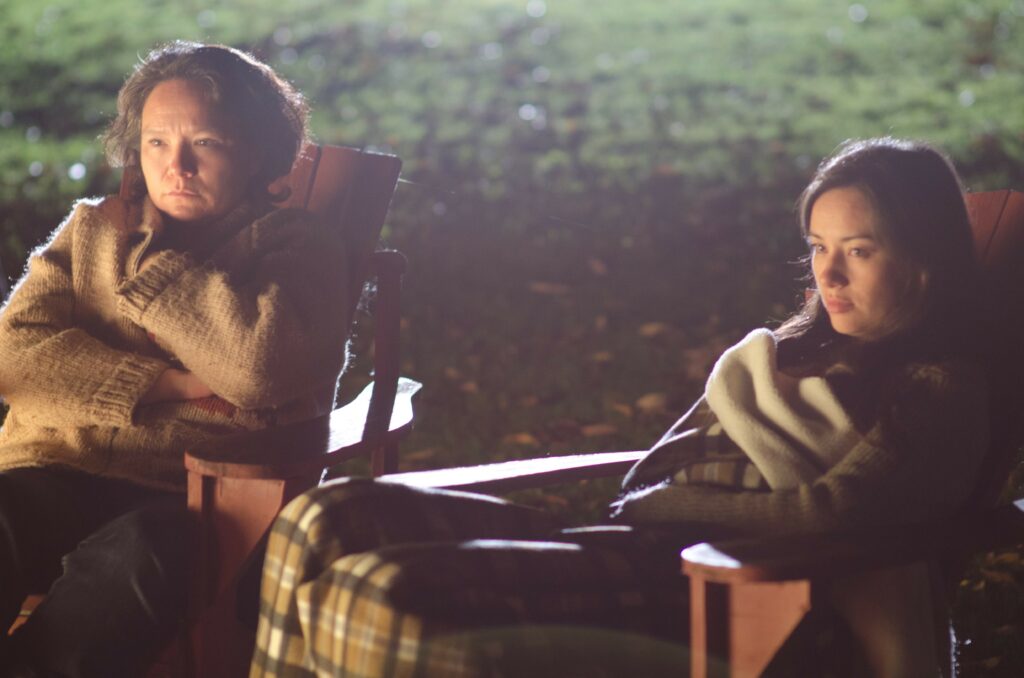
“Being and feeling seen is critical to growth… many people don’t have that kind of acknowledgment.”
Q: During your ACTRA Toronto Award of Excellence acceptance speech in 2018 you said, “The stories we collectively tell have the power to save lives”. Can you explain this?
JP: Stories have always been a tool that can connect or divide people, they hold a lot of power. Depending on the story you’re telling and the perspective it’s from, there is an audience who sees themselves within that story and therefore feel validated. Being and feeling seen is critical to growth and many people don’t have that kind of acknowledgment within their own circles, so stories – oral or otherwise – can determine how good or bad someone feels about themselves.

“I think generally, we should not take this work for granted, be careful throughout the entire process, and consider if we are doing harm.”
In my experience in the Indigenous stories on screen space, I’ve witnessed incredible healing. I’ve seen the positive, transformative power that Indigenous stories through an Indigenous lens have on the community.

“The more we focus on the regions, the richer our storytelling will be. This includes many more stories through an Indigenous lens and more diversity in general.”
I’ve received the letters over the 30 years of my career that confirm the life saving and life affirming power Indigenous representation and Indigenous stories have on people. I think generally, we should not take this work for granted, be careful throughout the entire process, and consider if we are doing harm.
Q: From your perspective as a filmmaker, what kind of support is needed in Canada for the building of a better future for storytelling?
JP: I really think we thrive when we tell stories from the regions. It’s a sum of its parts kind of thing. The more we focus on the regions, the richer our storytelling will be. This includes many more stories through an Indigenous lens and more diversity in general.

Q: On the federal level, what are your thoughts on the passing of the Online Streaming Act?
JP: It’s hard to know what the impact will be exactly, but I hope it will support the aspects of what I’ve identified above. That would be incredible.
Q: In 2006 you and your Moose TV castmates were on the cover of InterACTRA, crediting Showcase for being the first to air an Indigenous comedy series. At that time could you have pictured a story like Little Bird becoming the first Indigenous series drama on a streaming broadcaster like Crave?
JP: I had big dreams and aspirations at that time, and I had already made several shows including Moccasin Flats which was the first Indigenous drama series also for Showcase and APTN. I had big dreams about seeing our stories be written, directed and produced by us with all the agency and autonomy we deserve. It’s incredible that ten years later I began developing Little Bird with the same team that made Moose TV. And by the way, Moose TV is one of my favourite things I’ve ever done as an actor.
“Trust that the relationships are an investment in our collective future.”
Q: You’ve inspired and trained many Indigenous youth in the film and television screen industry who’ve contributed to stories we have enjoyed. Do you have advice for emerging creators?
JP: My advice is always the same. This business is entirely built on relationships. You will work with the same people over and over again and each time you will each be in a different position, department or level. Trust that the relationships are an investment in our collective future.
Jennifer Podemski’s on-screen credits include The Rez, Degrassi: TNG, Blackstone, Departure and Reservation Dogs. Behind-the-camera Jennifer has been at the helm of TV series including The Seventh Generation, Rabbit Fall, The Other Side, Moccasin Flats, Future History and most recently Little Bird.
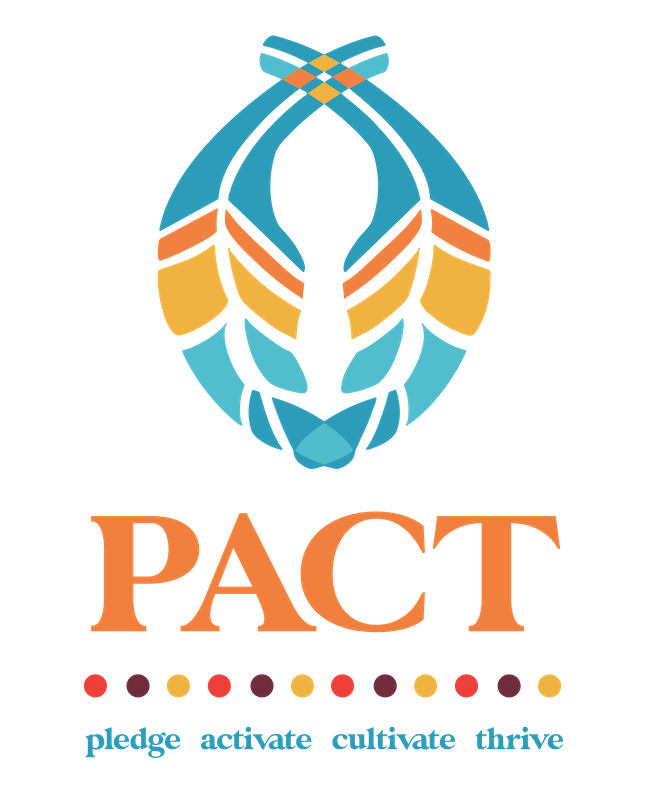
The urgent need to support Indigenous screen storytellers for generations to come is key to everyone understanding the worldview of Indigenous communities. Created by Jennifer and her team at the SHINE Network Institute, in partnership with the National Screen Institute, the PACT (Pledge – Activate – Cultivate – Thrive) course launched last year as an actionable guide to provide non-Indigenous people in the film and television sector with cultural humility and competency training to prepare them for working with Indigenous productions and content. This online course takes approximately 45 minutes to complete.
